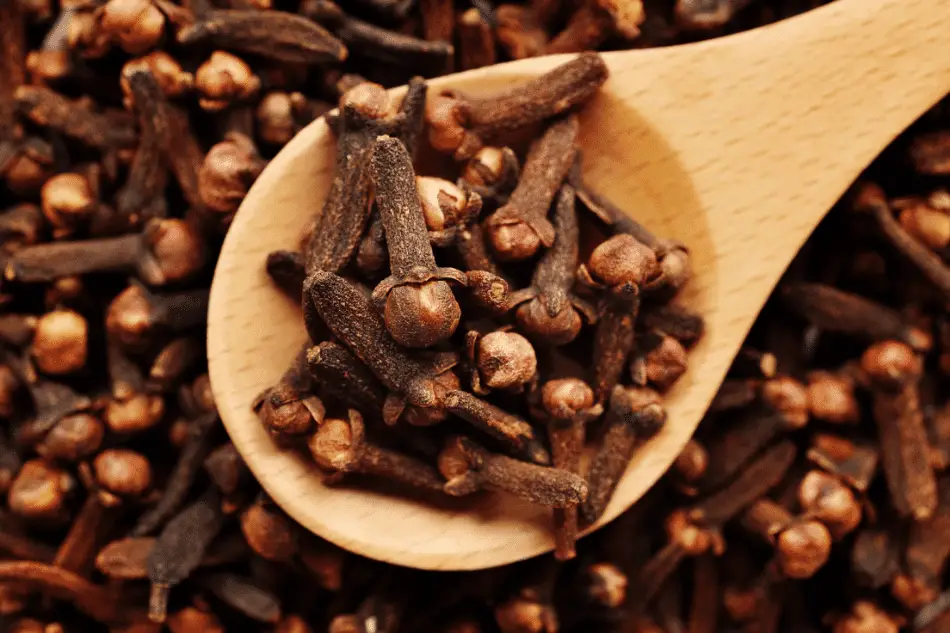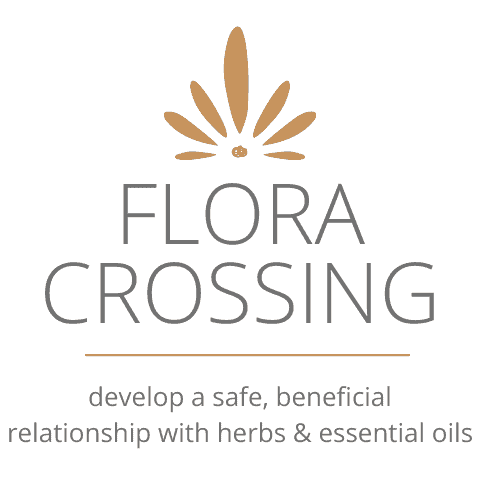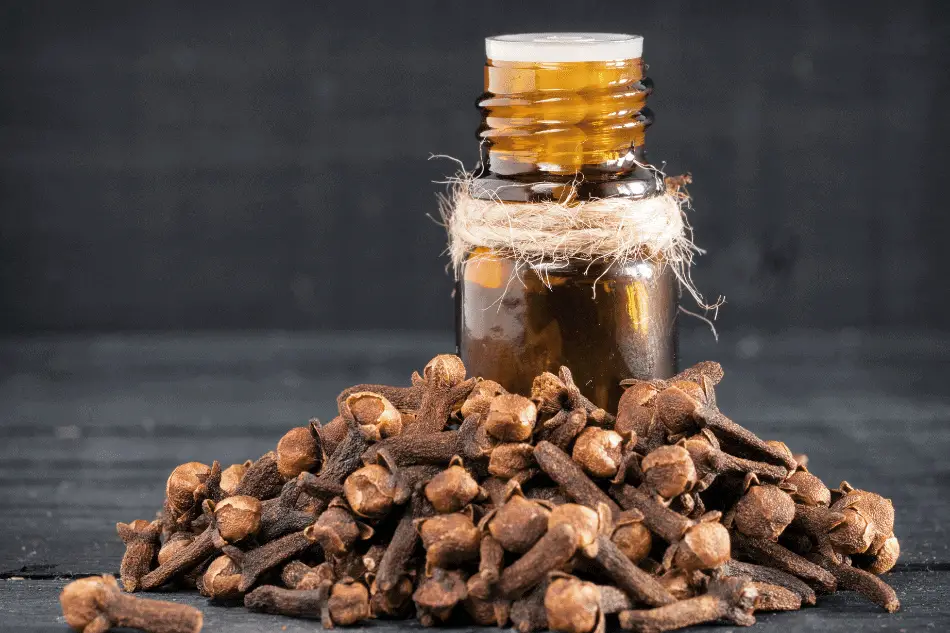You can use the cloves found in your kitchen cabinet to make an easy homemade mouthwash that is refreshing and effective at cleaning off the buildup. So how to make clove oil mouthwash? I will share more on this topic later.
You can make your clove oil mouthwash by mixing a few drops of clove oil with water. This homemade mouthwash is refreshing and effective at cleaning off the buildup. Cloves and clove oil have been used in dental care for a long time. The ancient Egyptians would use it to freshen their breath, while other cultures, such as the Japanese, enjoy its soothing effect on gums with soreness or discomfort from tooth decay.
Clove topically applied can help kill bacteria that cause bad breath, causing matter trapped inside your mouth. This can also help to soothe discomfort from a toothache. Cloves contain eugenol, a natural anesthetic.
How To Make Clove Oil Mouthwash?
Cloves and Clove Oil are good for flavoring your tea or baking a cake; they can also help you with dental care. Clove oil has been used to reduce pain during procedures such as tooth extractions, while cloves have long traditions in traditional medicine.
Clove is an effective natural anti-fungal, antiviral, and antibacterial agent. It keeps these microbes from creating what’s known as biofilms which help them bond to surfaces like your gums or tongue with clinginess. Clove oil can also help with bad breath by breaking down the sulfur compounds partially responsible for its smell.
To make your mouthwash, you will need:
- 1/4 teaspoon of clove oil
- 1 cup of water
- A pinch of salt (optional)
Directions To Make Clove Oil Mouthwash:
1. Add the clove oil to the water and stir well.
2. Add the salt and stir again.
3. Gargle with the mouthwash for 30 seconds to 1 minute.
4. Spit it out and rinse your mouth with plain water.
5. Repeat 2-3 times per day as needed.

You can also add cinnamon to it. If you’ve ever had trouble with your dental health, bad breath likely is the least of what worries you. But if there were anything we could do to help improve how patients feel about themselves and their smiles – this would be one way!
Cinnamon has a chemical called cinnamic aldehyde, which inhibits saliva bacteria. Cloves have antibacterial properties and can help zap germs from a dish(or whoever else might put them there). Both cinnamon and clove buds have eugenol, a potent antibacterial compound. According to the study, these two elements work in an excellent way to destroy germs.
With the mix of clove, cinnamon, and peppermint in this mouthwash, you can use it as often or as little as possible to enjoy a nice mouthful. The ingredients are all-natural, so there’s no need for concern about harshness. Soak the spices in hot water for several minutes. The heated water will extract the tastes and healing qualities from the herbs, resulting in a minty mouthwash.
Clove oil mouthwash is an easy and effective way to clean your mouth and freshen your breath. It is also a natural way to fight bacteria and viruses that can cause gum disease or tooth decay. This homemade mouthwash is safe for daily use and can be made with ingredients that you probably already have in your kitchen.
Benefits Of Using Clove Oil For Mouthwash
Clove oil has been used in dental care for centuries. It is a natural antiseptic and analgesic that can help to kill bacteria, reduce pain, and freshen breath. Clove oil mouthwash is an easy and effective way to clean your mouth and freshen your breath. It is also a natural way to fight bacteria and viruses that can cause gum disease or tooth decay. This homemade mouthwash is safe for daily use and can be made with ingredients that you probably already have in your kitchen.
The cloves found in your toothpaste effectively kill bacteria, especially if you have bad-smelling breath! It will help to freshen up the smell, but Clove Oil also helps eliminate any stains that might be present on teeth.
When used as a mouthwash, Clove Oil can also help reduce gum inflammation and kill off any harmful bacteria present in the mouth. This is because Cloves contain eugenol, a natural anesthetic. Eugenol is effective at killing bacteria and reducing inflammation.
Clove oil mouthwash will keep your mouth fresh for up to 3 hours. This is because cloves contain eugenol, a natural anesthetic. Eugenol is effective at killing bacteria and reducing inflammation.
Clove Oil is also a natural analgesic, which means that it can help to reduce pain. This is especially helpful if you suffer from toothaches or gum pain. The oil will help to numb the area and reduce the pain.
To use Clove Oil as a mouthwash, add a few drops of the oil to a cup of water and gargle. Spit the mixture out after a minute or so. You can do this several times a day if needed.
If you don’t have any Clove Oil on hand, you can also make a mouthwash using dried cloves. Add a few whole cloves to a cup of boiling water and let them steep for a few minutes. Gargle with the mixture and spit it out. You can do this several times a day as needed.
Both Clove Oil and cloves are effective at freshening breath and killing bacteria. They are also safe for daily use and can be easily made at home. Try using either one of these methods to improve your oral health.
Note:
Keep your clove oil mouthwash safe! If you don’t have a refrigerator, keep it in the fridge. You should be able to use it for 3-5 days if not refrigerated. Clove oil is potent, so don’t use more than directed. If you’re allergic to cloves, don’t use this mouthwash. If you have a cut or open wound in your mouth, avoid using clove oil until it heals. It may irritate the area.
Wrapping Up
Clove oil mouthwash is an easy and effective way to clean your mouth and freshen your breath. It is also a natural way to fight bacteria and viruses that can cause gum disease or tooth decay. We can make our clove oil mouthwash by combining a few drops of clove oil with water. This homemade mouthwash is both refreshing and effective in removing buildup. This homemade mouthwash is safe for daily use and can be made with ingredients that you probably already have in your kitchen.

